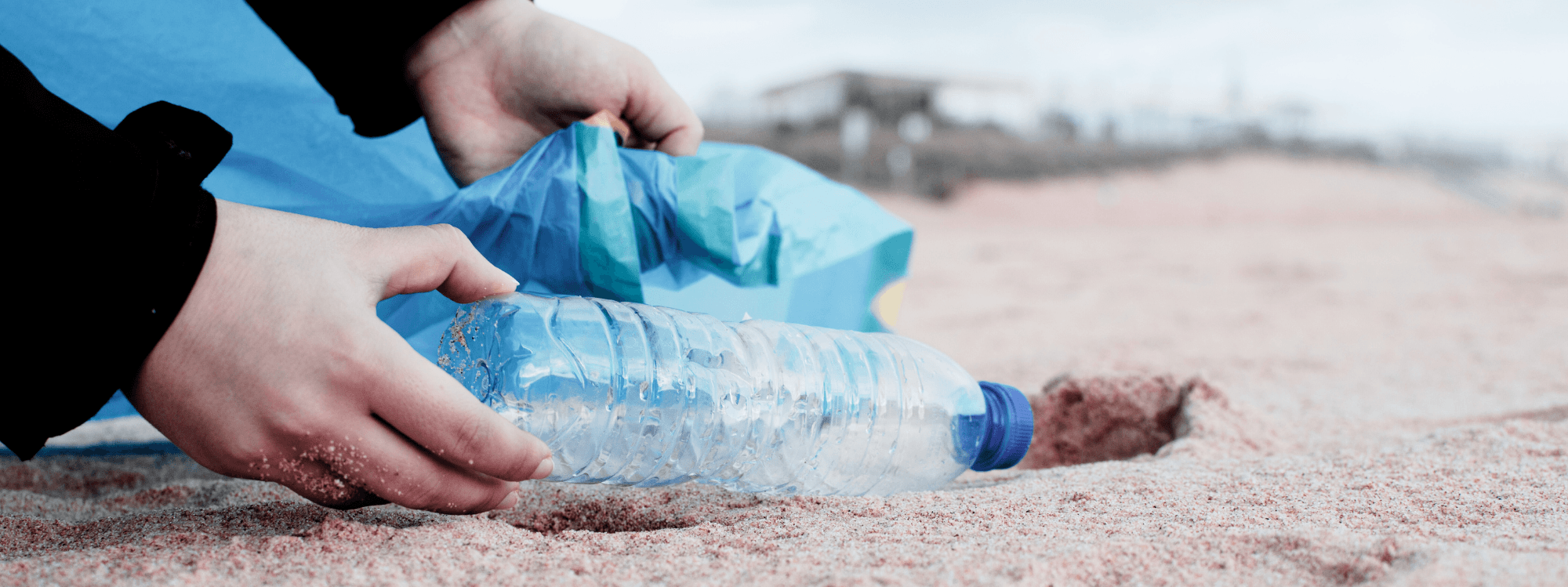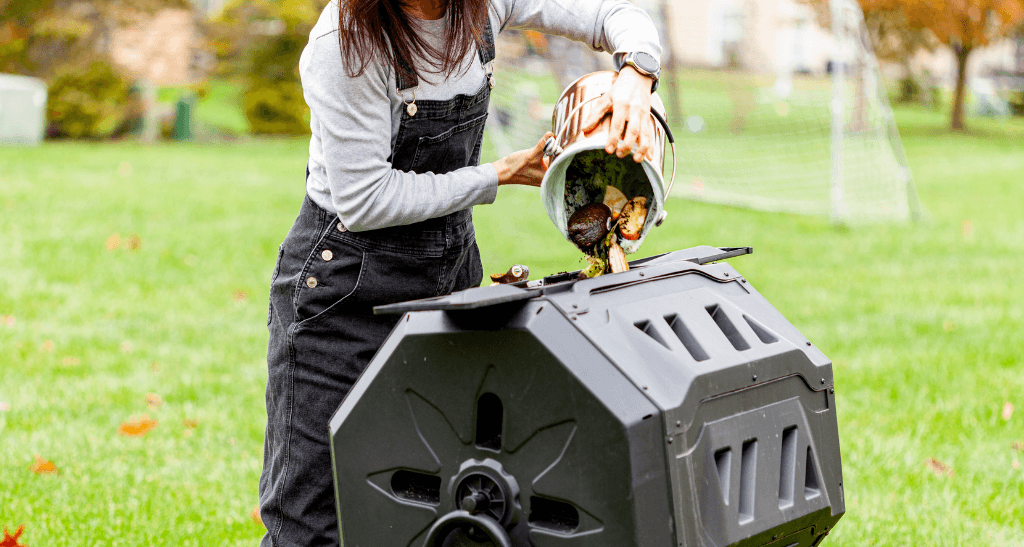Every year, Canadian Environment Week takes place in early June. Canadian Environment Week was created in 1971 to help increase Canadian awareness on climate and pollution issues facing our environment. Some big conservation topics of focus for Canadian Environment Week typically revolved around saving and protecting wildlife, fighting against deforestation, destruction of natural resources, and more. The big conservation issue focus for 2023: beating plastic pollution .
Why focus on plastic pollution?
In our world today, plastic pollution has become a huge threat, not only to the environment but also to human health. Since 1950 to 2018, around 6.3 billion tonnes of plastics were produced globally – with only 9-12% of the plastic being recycled and incinerated. Since so little plastic is being recycled, more and more plastic is polluting our oceans and clogging our landfills. Microplastics have even managed to find their way into the food we eat, the water we drink, and even the air we breathe.
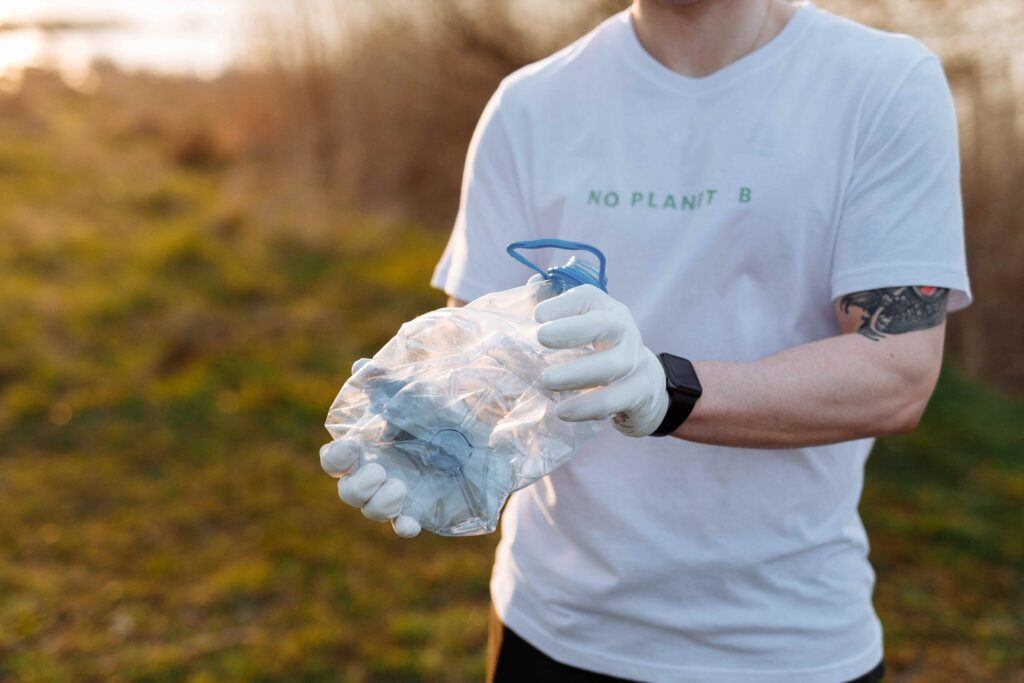
How do plastics impact our health and the health of the environment?
There has become an increasing concern regarding the chemical additives in plastics – these additives can be toxic and have harmful impacts both on human health and the environment. The toxic chemicals used to create plastics can cause carcinogenesis, inflammation, cytotoxicity, and much more. The potential health impacts of these toxic chemicals are especially concerning because microplastics have become spread across different environments all over the world – not only directly impacting our health, but also the health of our environment and other species we share our planet with.
An average of 8 million tonnes of plastics are released into our ocean annually, and 80% of the plastic waste in our oceans comes from land-based sources. With so much plastic in our natural environments, this is causing natural beauty deterioration, entanglement and death of marine life, sewage system blockage, and much more.
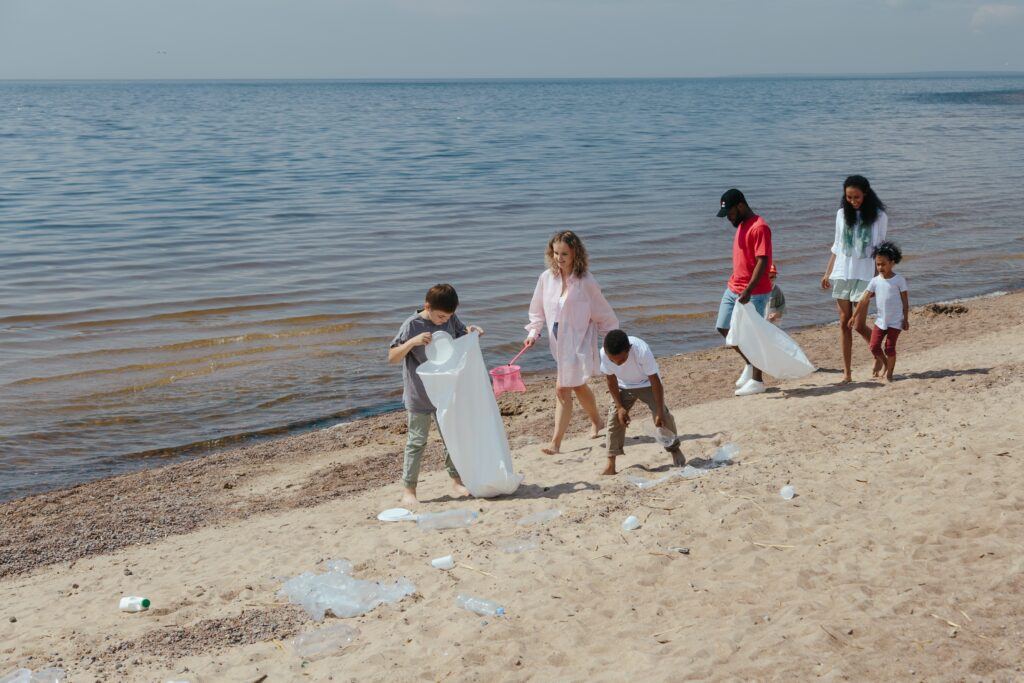
5 easy things you can do this week:
1. Do Some Research
There are amazing resources available online discussing the complex issues related to plastic pollution. This includes scientific research papers, educational blogs, and newsletters, as well as some reliable reporting. You can even learn more about Canada’s single-use plastic ban from our previous blog post. However, make sure you use a variety of sources to fact check your information.
Plastic waste and pollution reduction – Government of Canada
Canada’s plastic problem: Sorting fact from fiction – Oceana
Canada’s Plastic Pollution Problem – Environmental Defence
Plastic Waste in Canada – IISD
2. Start a Conversation about Plastic Pollution
Talk about plastic pollution in Canada with family and friends! Maybe there are some people in your local community who really don’t know how bad plastic pollution has gotten. Creating a safe space where people can voice their opinions and have healthy conversations about potential options for action are very important.

3. Check out the Plastic Pollution in your Neighbourhood
We sometimes think that complex environmental problems are out of our reach – however, you would be surprised how much plastic you can find polluting your local parks and neighbourhood streets once you start looking for it. Go outside this week and see for yourself how plastic pollution is directly impacting your local environment.
While you’re investigating the state of plastic pollution in your local environment, bring some gloves with you and pick up some plastic! A lot of plastic has been broken down into smaller pieces, sometimes even buried into the ground. Even if you just pick up or dig up a couple of plastic pieces – the local environment will greatly benefit, and you may also help motivate others to pick up garbage by leading through your actions.
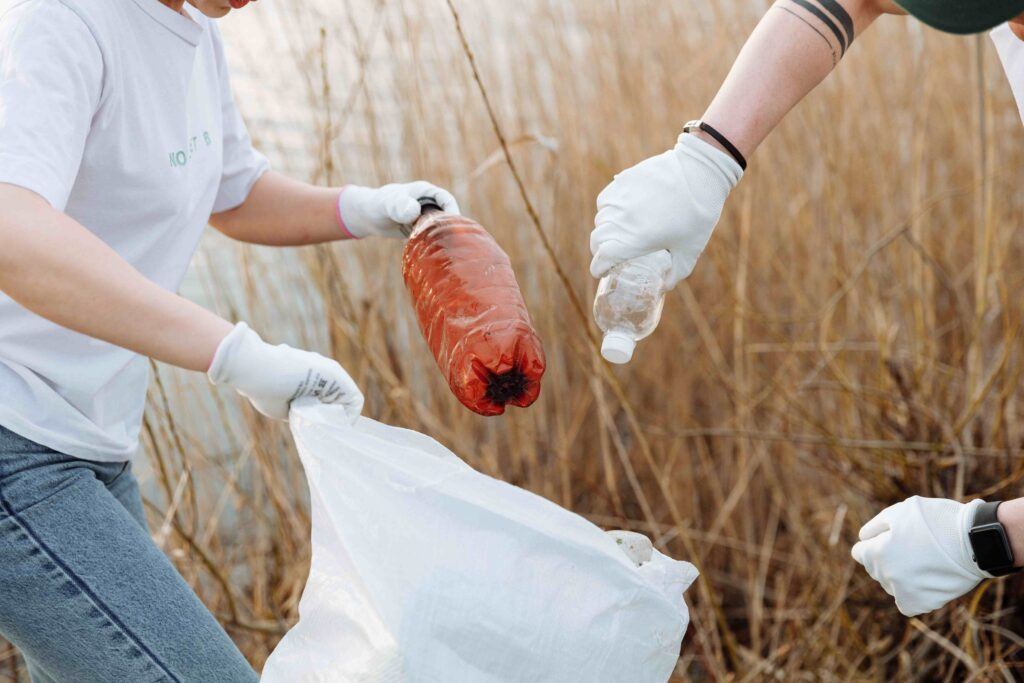
4. Learn How to Sort Recycling and Garbage properly in your Home
Plastic is clogging our landfills, constantly being mixed with waste: causing high levels of contamination. Landfills are not designed to break down plastic materials – so when plastic is brought to the landfill it takes much longer to break down and takes up a lot of very valuable space. Two easy steps you can take to make sure your recyclables are properly sorted is to wash out and clean plastic containers as well as remove the plastic cap from bottles. If containers still have food in them or a cap on the bottle – they cannot be properly recycled.
Since not all cities sort their recycling and garbage the same, take some extra time this week to research the specific recycling and garbage rules in your neighbourhood. This way – if your recycling is properly sorted and cleaned from the start – there is a much higher chance they will be disposed of properly and not add to the growing issues of plastic pollution.
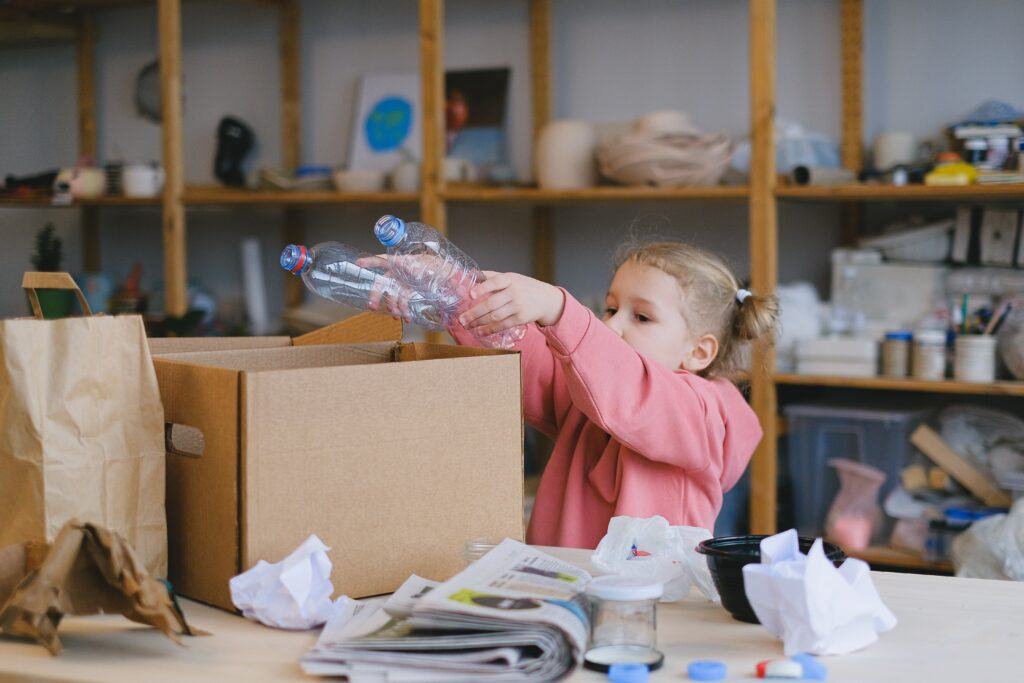
5. Wean Yourself off Plastic and Choose Reusable Options Whenever Possible
There are many low-cost ways to reduce the amount of plastic waste you create daily. Some great examples of plastic-free options include eco-friendly shampoo bars, reusable face cloths, bars of soap, wooden toothbrushes, fabric grocery and produce bags, and much more. There are also some fun DIY reusable crafts out there as well, such as creating your own beeswax wraps to store food, instead of using plastic wrap and other plastic options. Take some time this week to think about where you could remove plastic from your day-to-day activities!
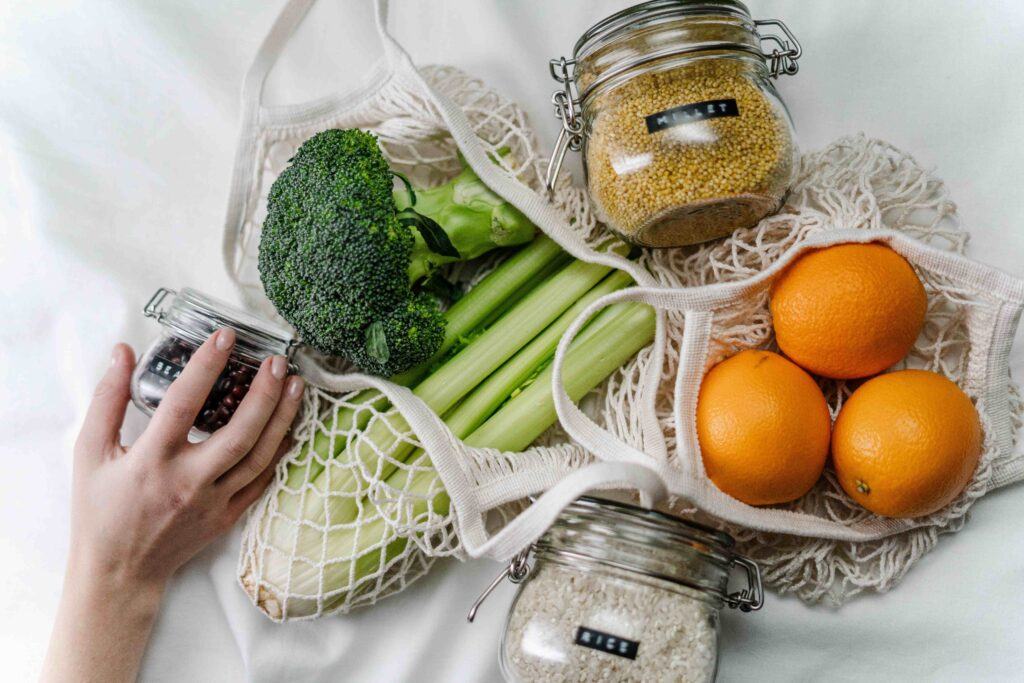
In Conclusion
We must all work together in order to beat plastic pollution. Take this week to educate those around you and start organizing ways to take action in your local community. Taking action can range from having an open discussion with family and friends about the impacts of plastic pollution – to organizing a clean-up within your neighbourhood. Increasing education and awareness about plastic pollution by getting people to care about this issue is what we need for a healthy future planet.
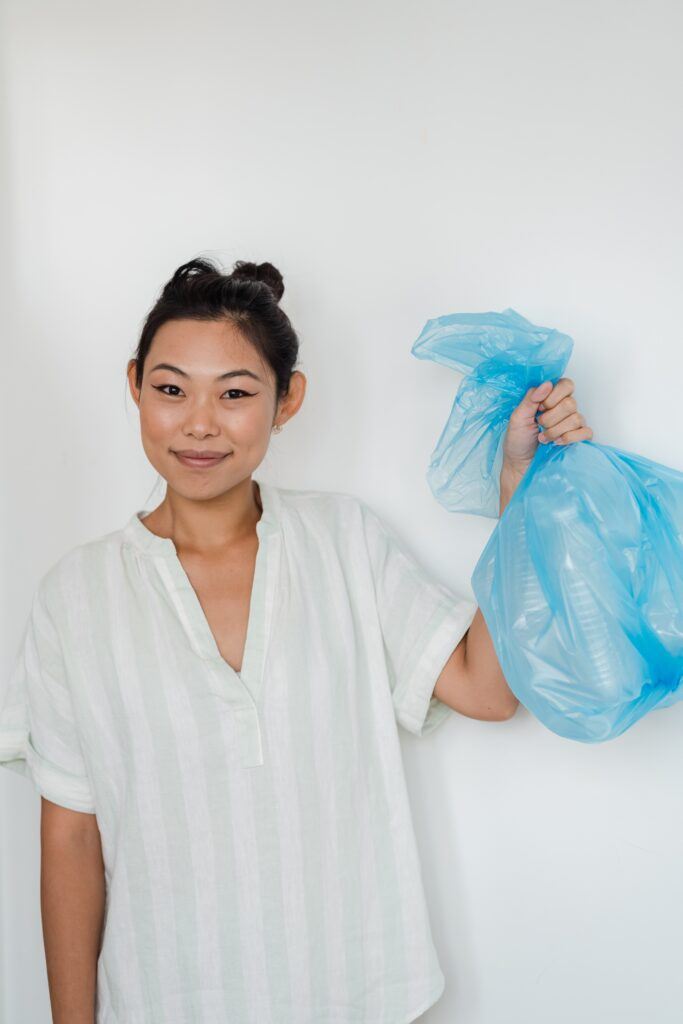
References
Science Direct
Royal Society of Chemistry
Research Gate
